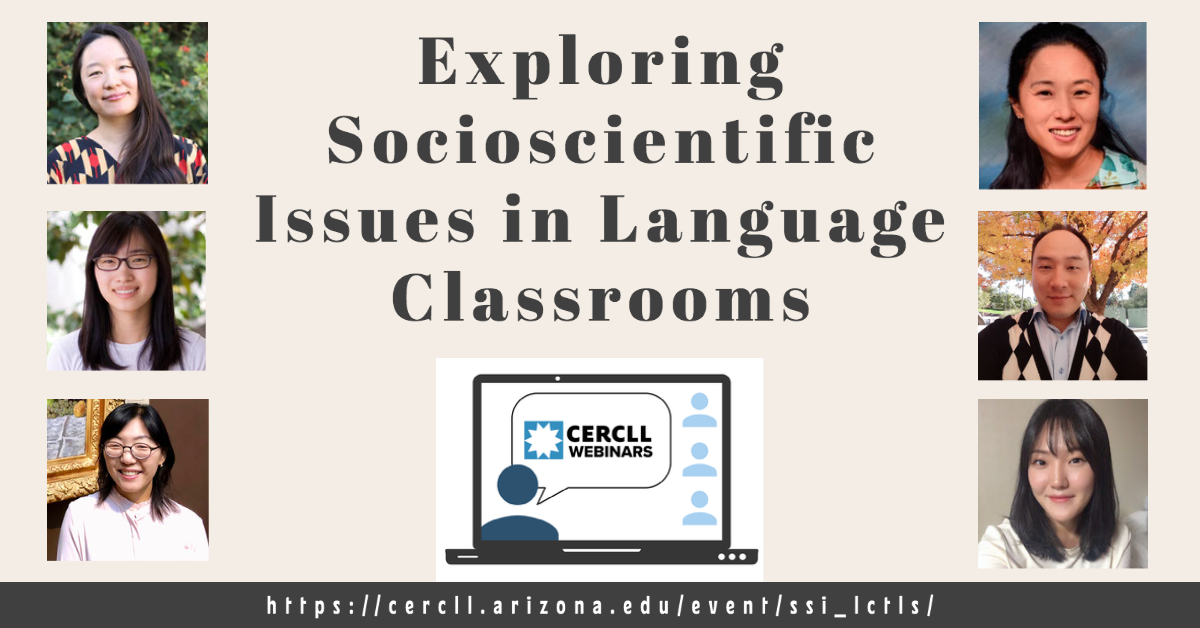Exploring Multimodal Literacies through the Linguistic Landscape in the L2 Classroom
A webinar presented by Sebastien Dubreil, Carnegie Mellon University.
Linguistic Landscape (LL) studies have grown as a field and has led to a keen interest in using the linguistic landscape to foster second language (L2) learning. LL researchers and L2 educators have specifically focused on the linguistic and sociolinguistic benefits to L2 learners who engage the linguistic landscape (e.g., Cenoz & Gorter, 2008; Rowland, 2013; Sayer, 2010). Increasingly, however, L2 educators have gravitated to using the LL to engage with a more comprehensive and sophisticated understanding of the potential of LL studies in the L2 classroom to engage with issues of form and content. In particular, this has led to engaging with the multimodal nature of the LL as well as issues of power and ideology, diversity and inclusion.
In this workshop, participants became familiar with the fundamentals of work in the linguistic landscape and examined how it can be leveraged to address several of the perennial challenges faced by L2 classroom instructors. Indeed, the LL is a site that necessitates attention to meaning, form, use, and cultural interpretation (meaning learners engage with both “language” and “content” simultaneously). Second, through judicious use of the physical environment and instructional technology, teaching the LL can make the second language and culture present and alive for the learners. Third, LL projects also have the potential to engage L2 learners with their own communities. Last, as an inherently interdisciplinary field LL-based pedagogies afford L2 instruction the opportunity to establish connections beyond language studies. Examples of such work are provided and participants are guided to envision how these principles can be adapted in their own practice to enhance language and culture learning.
This event is one in a two-part webinar series on multi-modal literacies in second language classrooms. The other webinar is presented by Kristen Michelson.
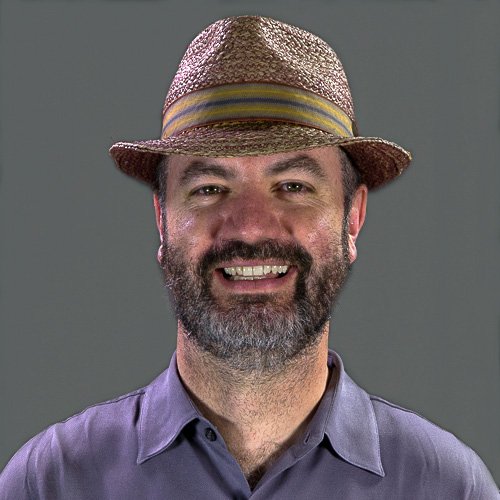
Reading Multimodally: Guiding L2 Learners to Interpret Everyday Web Texts
A webinar presented by Kristen Michelson, Texas Tech University.
Contemporary communication and literacy practices increasingly occur in virtual spaces where texts are inherently multimodal. Yet, research and practice in second language (L2) reading lags behind everyday literacy practices by focusing primarily on linguistic modes of communication while underplaying the role of other semiotic modes in texts. In this webinar we explored reading as a way of encountering second language cultural practices and perspectives. Participants learned strategies for: 1) finding and curating authentic multimodal texts around specific cultural themes, 2) adapting and using frameworks for engaging students in reading multimodal texts, and 3) incorporating multimodal reading in the L2 classroom in tandem with language learning objectives.
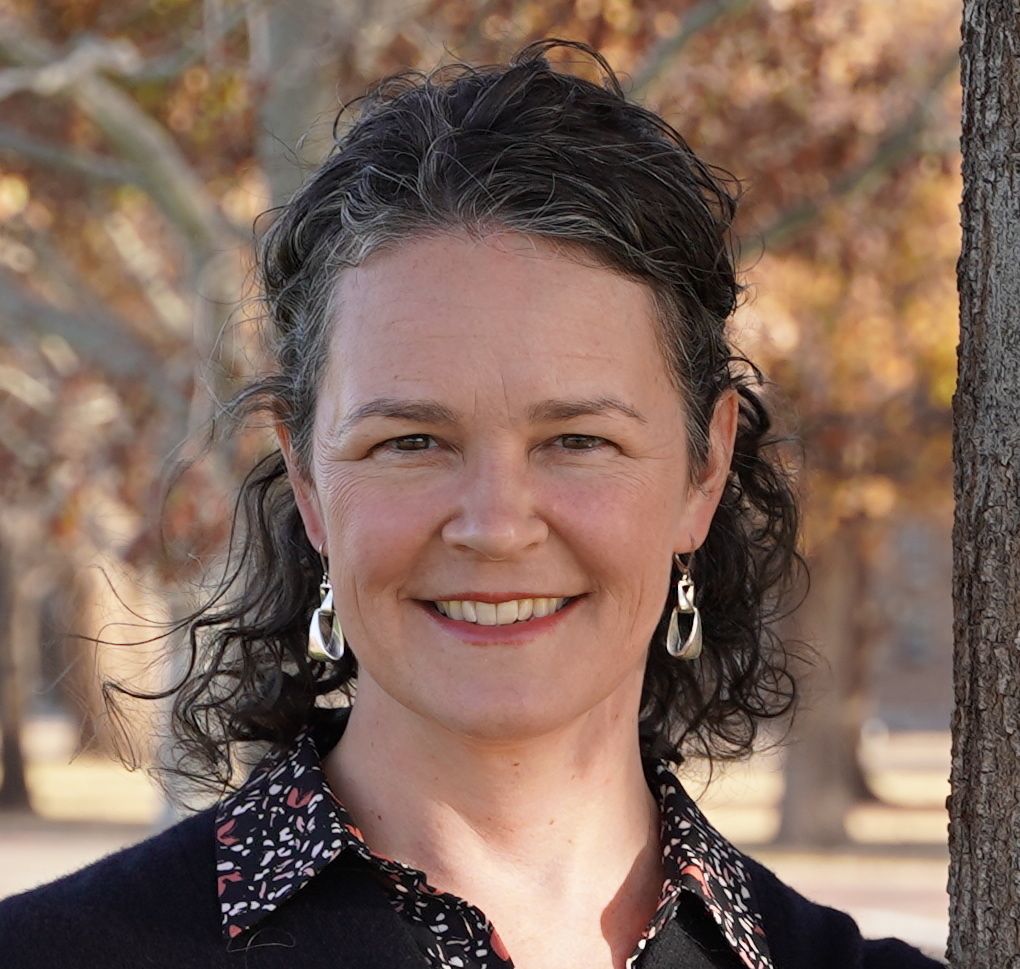
Translation in the Multilingual Language Classroom: Rationale, Roles and Activity Design
A webinar presented by Sonia Colina and Sara Albrecht, University of Arizona.
Pedagogical translation is making a comeback in the multilingual language classroom as an activity that promotes literacy, metalinguistic and cultural awareness, translanguaging, language diversity, and community engagement. While theoretical papers on this topic are becoming more common, practical guidance for teachers on how to incorporate translation in their curriculum in an informed manner is scarce. This presentation helps teachers understand the historical context that banned translation, the justification for its reintroduction, and the roles translation can serve in language learning. Participants are guided through sample activities and learn basic steps to design translation activities that meet their learning goals.
This webinar is part of a larger CERCLL project, Cross-Cultural Thinking Through Translation and Interpretation.
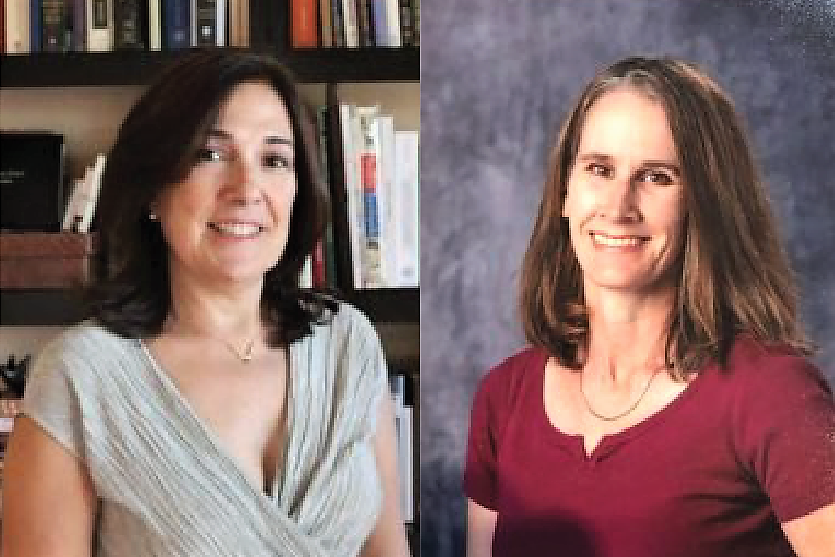
Vlogging Abroad: L2 Multimodal Composing for Language Learning and Cultural Reflection
Webinar presented by Natalie Amgott, University of Arizona.
In the twenty-first century, the growing importance of multicultural and multilingual competences is undeniable in our global economy (Douglas Fir Group, 2016). While decades of educators have called for channeling the “multi” into our modes, genres, and registers of language teaching materials (e.g., the New London Group, 1996), little research exists on how multimodal composing can mediate expansion of linguistic and cultural repertoire in L2 contexts outside of EFL and ESL (Kumagai et al., 2015; Schmerbeck & Lucht, 2017).
In this webinar, postsecondary instructors and administrators of world languages will learn how to leverage multimodal composing for language learning and cultural reflection in study abroad contexts. A brief overview of how multimodal composing has been applied to EFL and ESL contexts will highlight how multimodal projects support academic learning (Pacheco et al., 2017), self-reflection (DeJaynes, 2015), and multilingual identities (Cummins et al., 2015). Amgott will then illustrate how the findings in EFL and literacy research can be translated to the postsecondary study abroad arena.
Attendees will learn about the importance of modeling and scaffolding for fostering engagement and access to full multilingual and multimodal repertoires through multimodal composing (Pacheco & Smith, 2015; Smith et al., 2017) and discuss how multimodal and technological workshops can be coupled with discussion of the vlog genre in order for students to reflexively explore their study abroad environment. After this session, attendees will be able to apply their understanding of multimodality and their course context(s) to encourage students to use multimodal vlogging to reflect on cultural and socioemotional experiences, to develop metalinguistic awareness, and to promote goal-setting and accountability in the language learning community.
This event is one in a two-part webinar series on exploring Intercultural communication in the L2 classroom. The other webinar is presented by Manuela Wagner.
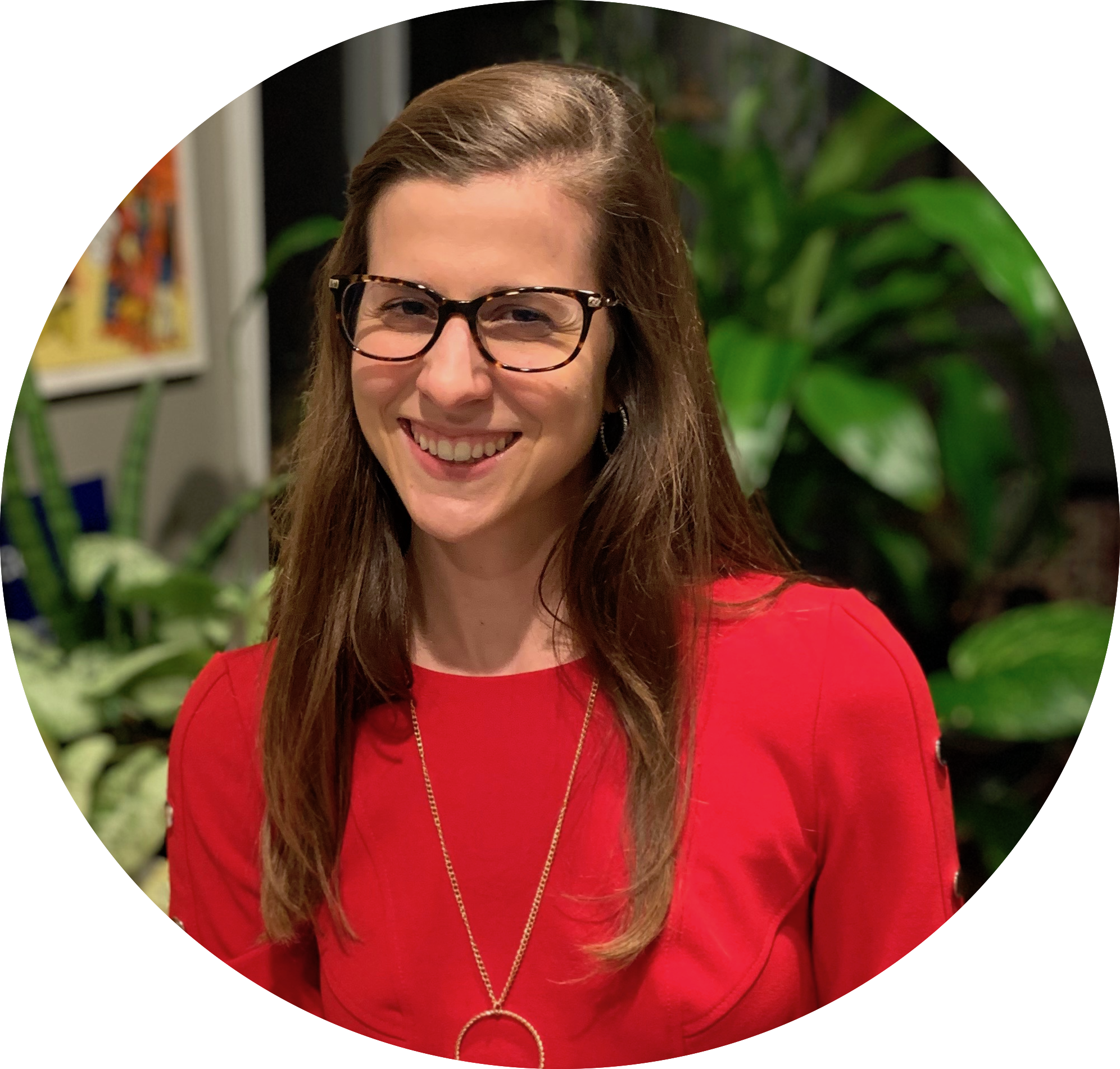
Teaching Languages for Intercultural Citizenship and Social Justice
Webinar presented by Manuela Wagner, University of Connecticut.
In this webinar we start by reflecting on connections between teaching languages and preparing our students for the challenges they (and we as a society) face (see UN global issues). Questions include: What should students learn in and take away from language education? Should language education go beyond the goal of teaching language proficiency? If so, what are some objectives language education can realistically pursue? Together we will reflect on the increasing demand for students to learn how to engage in intercultural dialogue, as evidenced by national and international initiatives to include intercultural competence (IC) in education in meaningful ways (e.g., ACTFL, Council of Europe, PISA assessments 2018).
Wagner will introduce some examples in which the models of Intercultural Communicative Competence (ICC, Byram, 1997) and Intercultural Citizenship (ICit, Byram, 2008) were applied to help students acquire the knowledge, skills, and attitudes needed to engage in intercultural dialogue and solve problems together. Through interactive activities, participants will 1) discuss and reflect on the role of culture and ICC and ICit in language education, 2) discuss the implementation of models of ICC in sample activities, and 3) come up with connections to their own teaching. Participants will think about possible challenges and concerns regarding this way of teaching. Challenges and lessons learned from prior projects will be shared to allow for a beginning conversation about applying this theory to practice in different contexts. Finally, participants will reflect on how this way of teaching is linked to teaching for social justice, anti-racism, and decolonization.
This event is one in a two-part webinar series on exploring Intercultural communication in the L2 classroom. The other webinar is presented by Natalie Amgott.
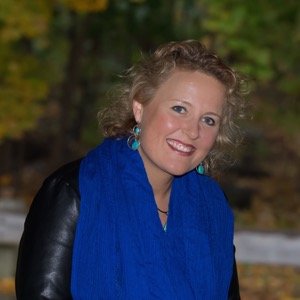
Expanding L2 Learning: Teaching Multimodal Composition through Socioscientific Topics
Webinar presented by Jill Castek, Rachel Floyd, Emily Hellmich, Blaine Smith and Wen Wen from the University of Arizona.
Multimodal projects use multiple modes to communicate ideas. In the digital world, images, sounds, colors and other design features together convey meaning that one mode alone cannot fully express. This webinar illustrates how composing across multiple modes (e.g., video, images, animation) can increase learners’ motivation, build digital literacies, and L2 expand communicative capacity. Classroom examples connect multimodality with socioscientific issues (controversial, real-world problems informed by science, e.g., global warming, genetic engineering) to encourage understanding of complex issues.
In this interactive webinar, participants learn: 1) about multimodality; 2) how socioscientific issues can dovetail with multimodal projects; and 3) strategies for designing, implementing, and assessing multimodal projects in their own teaching contexts.
This event is part of the CERCLL project, Advancing L2 Composition through Socioscientific Issues.

Soaring Higher with MACAWS: Integrating iDDL with Other Web Applications to Enhance Language Learning
Webinar presented by: Bruna Sommer-Farias from Michigan State University, Adriana Picoral, Shelley Staples, Aleksey Novikov, and Mariana Centanin- Bertho from the University of Arizona.
Participants in this free, live webinar explore the Multilingual Academic Corpus of Assignments – Writing and Speech (MACAWS), an ongoing project building a corpus of assignments (written texts, spoken discourse, and multimedia products such as blogs) produced by learners in Russian and Portuguese language programs at the University of Arizona. Following the premise that language is highly patterned, participants will learn how to create digital pedagogical materials using interactive Data-driven Learning (iDDL) to inductively guide students to discover language patterns. Participants are guided through a hands-on experience on how to embed MACAWS searches into their activities and how to integrate iDDL with other available technologies, such as forms, websites, and collaborative boards.
Details about the MACAWS resources and links to the interface are here: https://cercll.arizona.edu/blog/macaws/.

Exploring Socioscientific Issues in Language Classrooms
Webinar presented by Young Ae Kim from the Defense Language Institute Foreign Language Center, Jieun Ryu, Sojung Chun, Seungmin Eum, Seojin Park and Sunyoung Yang from the University of Arizona.
Language educators teach languages as well as important fields such as diverse cultures, social justice, interpersonal skills, and multimodal literacy. In addition to these areas, our project expands language education to include socioscientific issues (SSIs) such as Eastern/Western medicines, COVID-19, eco-friendly travel, and machine translation in Korean language classrooms. SSIs are closely related to STEM fields and as STEM has been gaining more currency in our daily lives, it is useful to incorporate SSIs in language classrooms. Moreover, SSIs enable us to diversify the areas of study we provide in our language classrooms while fighting against the “STEM divide.” Our students can advance their understanding of the target language by critically engaging in SSIs through multimodal projects such as writing tasks based on the guided use of machine translation (GUMT), making COVID-19 memes, or creating digitized guides of eco-friendly travel. This webinar presents language educators of different languages in four semesters of developing SSI curricula and pedagogy by using Korean as a case study. We offer detailed instructor guidelines and teaching materials so that language educators who are not familiar with STEM education can implement SSIs in their classrooms.
This event is part of the CERCLL project Socioscientific Issues in LCTLs Classrooms.
